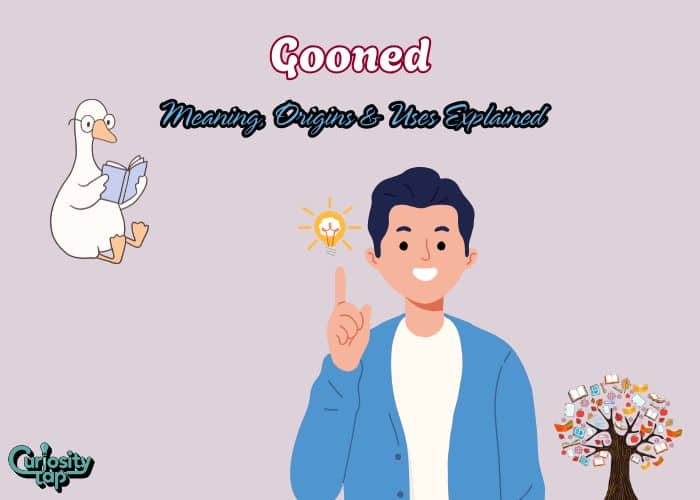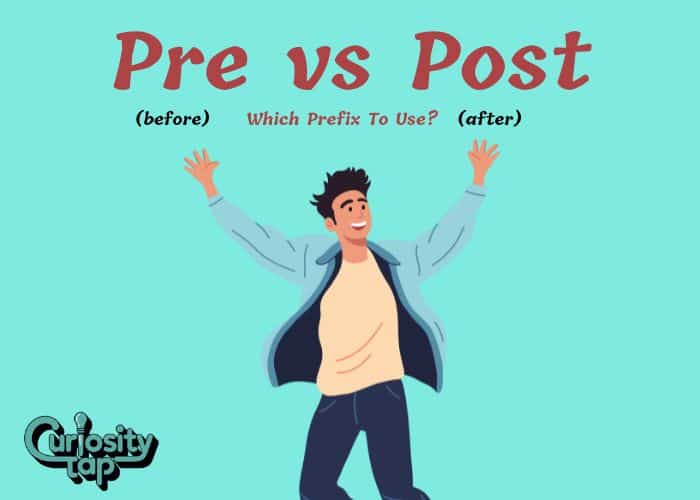Language is alive, and slang often reflects the culture, humor, and identity of the communities that use it.
If you’ve seen the word “gooned” on social media, gaming chats, or in niche online spaces, you might wonder what does it actually mean?
Its meaning shifts depending on context, and knowing these nuances can save you from confusion (or embarrassment).
In this guide, we’ll explore the meaning of gooned, its surprising origins, and how it’s used today across different communities.
By the end, you’ll understand not just what the word means, but how to use it (or avoid misusing it).
What Does “Gooned” Mean?
The term “gooned” doesn’t have one universal definition it changes with context. Below are the most common uses:
1. Internet and Slang Culture
In online spaces, “gooned” often means being extremely tired, spaced out, or overwhelmed to the point of losing focus.
For example, after an all-night gaming session, someone might say:
“Man, I’m completely gooned right now.”
2. Gaming Communities
In multiplayer or role-playing games, players sometimes use “gooned” to describe being overpowered, ambushed, or taken out by a group. It carries the sense of being overwhelmed without much control.
3. Niche Subcultures
In certain online subcultures, “gooning” can have more adult-themed meanings, referring to states of trance-like focus.
While this definition exists, it’s less common in mainstream usage and should be approached with awareness of audience and context.
The Origins of “Gooned”
The word “goon” dates back to the early 20th century, originally used to mean a simpleton or fool.
Later, it evolved into slang for a hired thug or heavy-handed enforcer (Oxford English Dictionary, 2022).
- In pop culture, “goons” often refer to clumsy sidekicks or gang henchmen in cartoons and films.
- Online, the suffix “-ed” transforms “goon” into a verb form, shifting its meaning toward being overwhelmed, exhausted, or altered.
The rise of internet forums in the 2000s and gaming slang on platforms like Discord and Reddit helped spread the modern meanings of “gooned.”
Real-Life Example: “Gooned” in Everyday Use
Imagine a university student, Alex, who pulled two all-nighters during finals week. After finishing his last exam, he tells a friend:
“I can barely think straight I’m so gooned. I just need to crash.”
Here, “gooned” effectively captures a mix of exhaustion, brain fog, and lack of functionality. It communicates more colorfully than simply saying “tired.”
Also Read:
Heard vs Herd vs Hurd: Real Difference Explained
“Envolved” or “Involved” – Which Is Correct?
Long Term or Long-Term: Right Decision In Writing
Occasion or Ocassion: What’s The Correct Spelling?
Hoodie or Hoody? Choosing The Right Spelling
How to Use “Gooned” Correctly
✅ Do Use It:
- To describe extreme tiredness: “I’m gooned after that 12-hour shift.”
- In gaming slang to describe being taken out by a group: “We got gooned in that raid.”
- Casually with friends online who understand the slang.
❌ Avoid Using It:
- In formal settings like work emails or academic writing.
- Without knowing your audience, since some may associate it with adult-only slang.
Checklist: Should You Use “Gooned”?
| Question | Yes | No |
|---|---|---|
| Do you know your audience understands slang? | ✅ | ❌ |
| Are you in an informal, casual setting (gaming, chatting)? | ✅ | ❌ |
| Could the term be misinterpreted or sound unprofessional? | ❌ | ✅ |
Pros & Cons of Using “Gooned”
Pros
- Adds humor and color to casual conversations.
- Connects you with internet and gaming communities.
- Expresses exhaustion or overwhelm more vividly than standard words.
Cons
- Can be misunderstood in professional or mixed settings.
- Some meanings may carry unintended connotations.
- Not universally recognized across all age groups.
FAQs About “Gooned”
Is “gooned” a bad word?
Not inherently. It depends on context sometimes it just means “tired” or “overwhelmed.”
Is “gooned” the same as “stoned”?
They’re similar in casual use, but “stoned” typically refers to intoxication, while “gooned” often means exhaustion or being overpowered.
Where did “gooned” originate?
From the older word “goon,” meaning fool or thug, later adopted and remixed by online communities.
Do younger generations use “gooned” more?
Yes Gen Z and millennials in gaming or meme culture are more likely to use it.
Can I use “gooned” in writing?
Only in informal writing like texting, social media, or chatrooms. Avoid in professional or academic contexts.
Conclusion
The word “gooned” is a vivid example of how language evolves in digital spaces. From its roots as “goon” meaning fool, it has expanded into slang for exhaustion, overwhelm, or being taken out in gaming.
While it can be funny and expressive in casual settings, it’s not always safe for formal use.
Next time you hear someone say they’re “gooned,” you’ll know whether they’re tired, defeated, or simply playing with internet slang.
Use it wisely, and you’ll sound in-the-know without stepping into awkward territory.
Call to Action
Want to sharpen your English and write successfully every time?
Check out our Grammar Checker Tool and never second-guess your spelling again!
Read our guide on Common English Misspellings to boost your skills even further.
Sources List
Sources:
- Oxford English Dictionary. (2022). Goon, n. & v. Retrieved from https://www.oed.com
- Green, J. (2021). Green’s Dictionary of Slang. Retrieved from https://greensdictofslang.com
- Pew Research Center. (2023). Teens, Social Media, and Technology 2023. Retrieved from https://www.pewresearch.org
Read more knowledgeable blogs on Curiosity Tap
Is this article helpful?

Jackson Pearson is a passionate educator and language enthusiast behind the blog Jackson Pearson. With years of experience in teaching and writing, he specializes in simplifying complex grammar rules, breaking down tricky vocabulary, and crafting learning guides that are both engaging and practical. His mission is to help readers boost their English skills whether they’re beginners or brushing up for fluency. Through every article, Jackson brings clarity, structure, and a spark of curiosity to the world of English learning.



